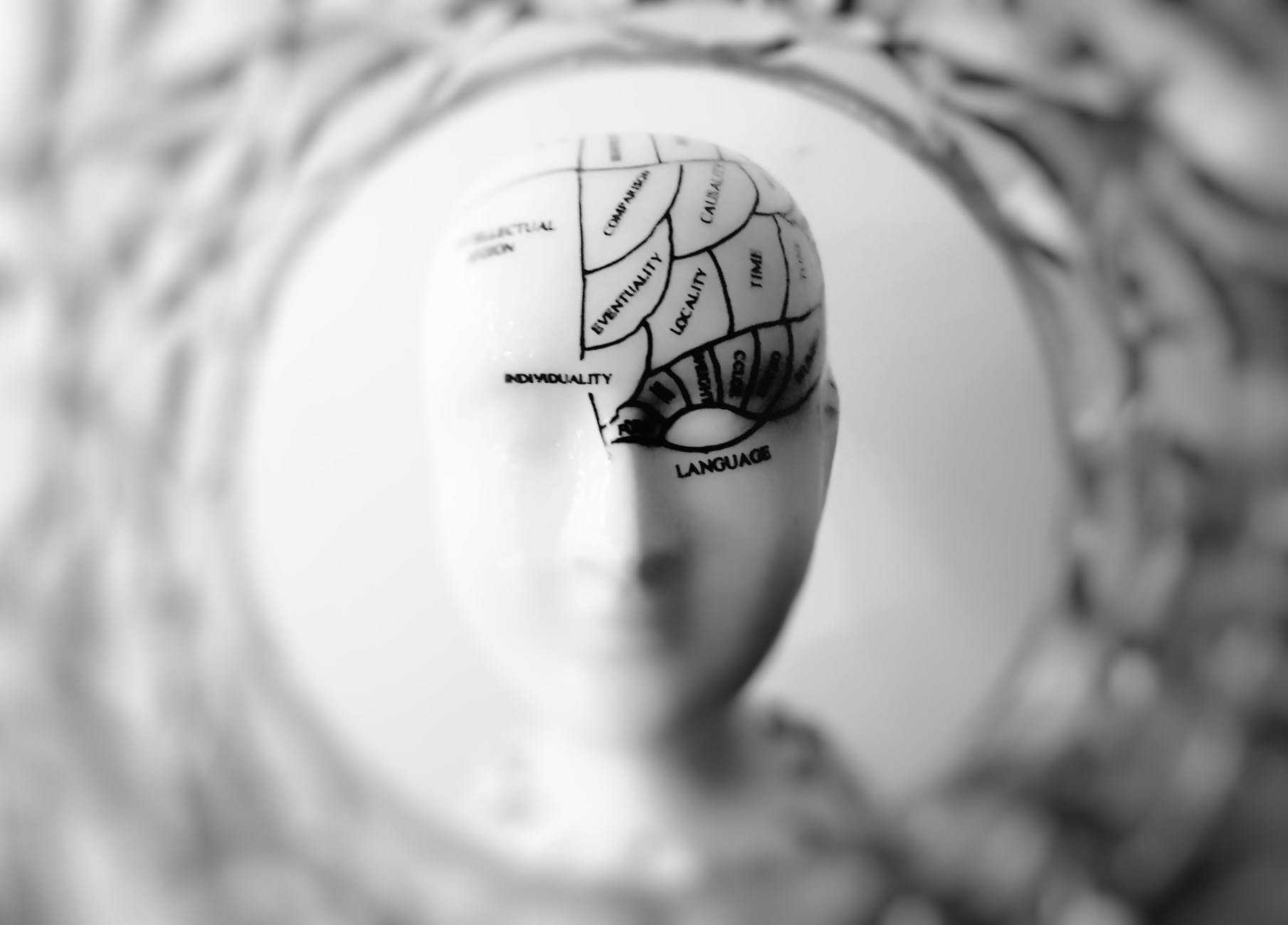Introduction
Major depressive disorder is an around-the-world illness with incapacitating impacts on a patient’s lifestyle. Typical therapies consist of psychotherapy, pharmacotherapy, as well as electroconvulsive treatment. Numerous patients don’t react to these treatments; this has resulted in exploring alternative therapeutic modalities. Deep brain stimulation (DBS) is just one of these modalities. Initially, it was utilized along with excellence for dealing with motion problems and encompassing the therapy of psychological disorders.
Our Wellness Programs
What is DBS?
DBS or deep brain stimulation is a neurosurgical operation that includes implanting electrodes stereotactically inside a specific brain area. These electrodes are linked to a subcutaneously implanted pulse generator that regulates stimulation and serves as the DBS system’s power source. Typically, electrical stimulation is administered continually. DBS is a reasonably well-tolerated treatment, with the most frequent complications being infection, bleeding, perioperative headache, seizure, and lead fracture. Acute and chronic stimulation might have certain adverse effects.
DBS is frequently used to heal multiple disorders, including:
- Epilepsy
- Parkinson’s disease
- Tremor of essential importance
- Dystonia
DBS is still in the research phase as a possible therapy for the following conditions:
- Chronic discomfort
- Tourette’s syndrome
- Headache in clusters
- Chorea and Huntington’s illness

Looking for services related to this subject? Get in touch with these experts today!!
Experts

Neelam Parwani

India
Life Coach
Experience: 5 years

Mansi Chawla

India
Psychologist
Experience: 12 years

Sapna Zarwal

India
Psychologist
Experience: 19 years

Deepti Gandhi

India
Life Coach
Experience: 6 years

Zabby Sharma

India
Life Coach
Experience: 11 years

Ritu Singh

India
Life Coach
Experience: 16 years
What is the purpose of this surgery?
DBS is a well-established procedure for patients suffering from movement diseases such as tremors, dystonia, Parkinson’s disease, as well as mental illnesses like obsessive-compulsive disorder. Studies have found that usage to lessen seizures in patients with hard-to-cure epilepsy.
This therapy is just for patients whose symptoms are unmanageable by drugs.
Possible risks of this surgery
Even though DBS is assumed to be a minimal procedure, any operation has the possibility of consequences. Furthermore, the stimulation of the brain might have unintended consequences.
Possible risks during surgery
Making small holes in the skull to implant electrodes into brain tissue and undergoing surgery for depression to implant the device carrying the batteries under the skin in the chest are all part of DBS.
Surgical complications may include:
- Breathing problems
- Nausea
- Seizure
- Infection
- Brain bleed
- Heart problems
- Stroke
Possible postoperative adverse effects
The following adverse effects may occur as a result of DBS:
- Stroke
- Seizure
- Headache
- Infection
- Confusion
- Hardware complications
- Difficulty concentrating
- Acute discomfort and inflammation at the location
The device is switched on a few weeks after the operation, and the process of determining the ideal settings for you will begin. Some settings may create adverse effects, although they usually improve with subsequent device modifications. Because there have been few reports of DBS treatment affecting swimming motions, the Food and Drug Administration advises checking with your doctor and adopting water safety precautions before swimming.
Stimulation’s potential adverse effects
- Lightheadedness
- Tingling sensations/Numbness
- Speech difficulties
- Facial muscle tightness
- Balance problems
- Unwanted mood changes
- Vision problems
How you prepare
First, consider the benefits and drawbacks.
Deep brain stimulation is surgery for depression as it involves placing electrodes inside a specific region of the brain. Even if you are a fit for DBS, you and your doctor must carefully consider the dangers and possible advantages of the treatment.
Next, get ready for surgery.
You’ll almost certainly require medical testing before surgery to ensure that DBS is a safe and healthy option for you. Before the operation, you may also require brain imaging examinations, such as an MRI. These examinations aid in mapping the regions of your brain to identify where the electrodes need to be placed.
Contact United We Care at the earliest and get yourself prepared for one of the best mental health professionals and their insightful guidance.
What you can expect
During the operation
In general terms, this is how DBS surgery works:
- Surgery on the brain: Your care team will equip you with a customized head frame for brain surgery to keep your head steady during the procedure (stereotactic head frame). The medical team will then use neuroimaging (brain MRI or CT) to map your brain and locate the position of the electrodes in your brain.
Most electrodes are placed when you are awake and conscious. It is to administer stimulation effects thoroughly. For this surgery of depression, you will be given an anaesthetic to numb your scalp before the procedure, but you will not require an anaesthetic in your brain because the brain has no pain receptors. In rare situations, surgery can be performed while you are asleep using a general anaesthetic.
- Surgery on the chest wall: The surgeon implants a part of the device that houses the batteries (pulse generator) beneath the skin. It is placed inside the patient’s chest somewhere near the collarbone during the second stage. During this surgery, the patient is in general anaesthesia. Wires from the brain electrodes are sent beneath your skin to the pulse generator to power the battery. With the help of a generator, constant electrical pulses are supplied to the brain. You are in charge of the generator, and you can switch it on and off using a unique remote control.
After the procedure
The pulse generator in your chest is triggered at your doctor’s office a few weeks following surgery. With the help of sophisticated remote control, the doctor may configure your pulse generator from outside your body. The degree of stimulation depends on the patient’s condition, and it may take up to six months to discover the best setting.
Depending on your condition, stimulation may be continuous 24 hours a day, or your doctor may urge you to switch your pulse generator off at night and back on in the morning. With a unique remote control that you’ll take home with you, you can switch stimulation on and off. Your doctor may set the pulse generator to allow you to make tiny modifications at home in some circumstances.
Your generator’s battery life varies depending on usage and settings. When the battery has to be changed, your surgeon will perform an outpatient operation to replace the generator.
Conclusion
Deep brain stimulation does not cure your condition but may alleviate its effects. If DBS is effective, your symptoms will improve significantly, but they will not go altogether. Certain conditions may still need the use of drugs in some situations.
The effectiveness of DBS is dependent on a variety of factors. It is advisable to speak with your doctor before surgery for depression. Discuss the type of improvement you expect for your condition post-surgery.
Though DBS is an arising therapy, it is secure and effective. The result of its initial tests in clients and treatment-resistant depression (TRD) is noticeable.
















